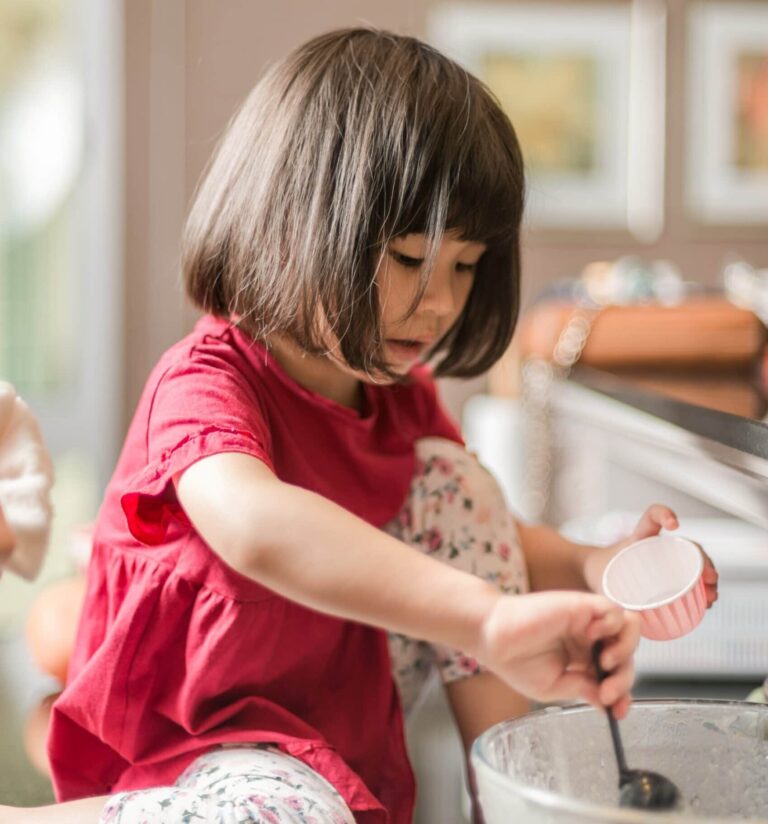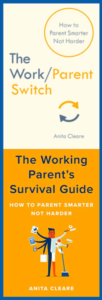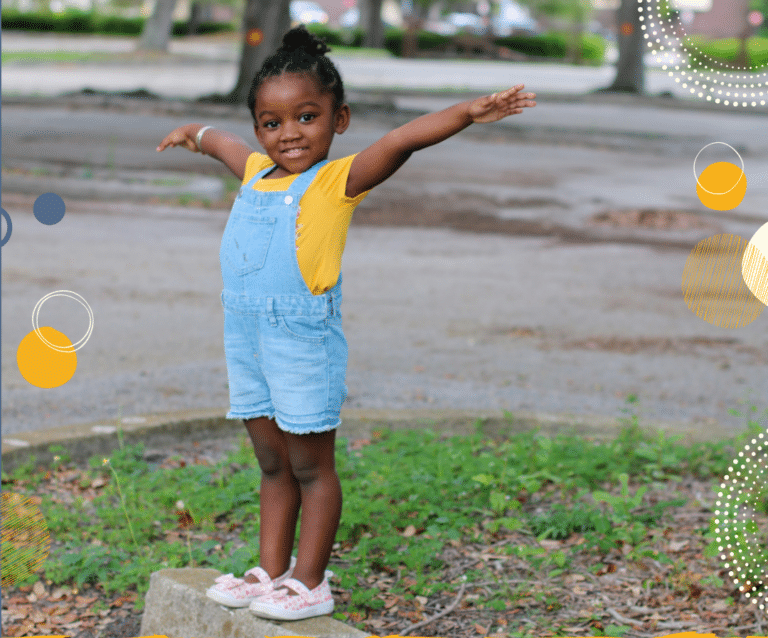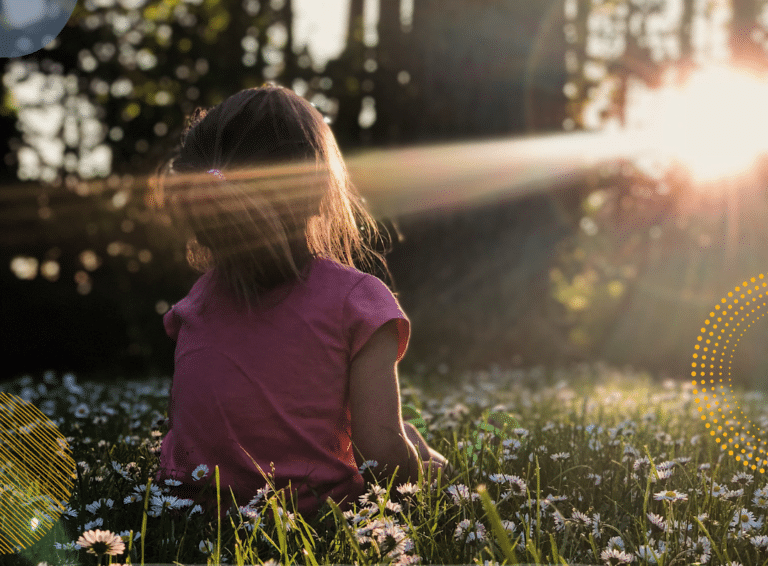How to help kids become independent: the principle of minimal assistance
If you want to help kids become independent, the principle of minimal assistance is a great motto to parent by. It’s a neat way of ensuring your child gets as little or as much help as they need to learn a new skill. When kids learn to do things for themselves, they feel good about themselves (and you have one less thing to do!).
On the scale of parental assistance, doing a task for your child counts as maximum assistance. Leaving them to get on with it unaided is zero assistance (or full independence). So far, so simple.
The difficulties arise when faced with a task that your child hasn’t yet mastered. Or a complex task that has lots of stages. Like washing your own hair, for example. If your daughter can’t yet wash her hair but you just leave her to get on with it, there is a good chance of an unsuccessful (or uncomfortable) outcome. Shampoo in her eyes, knots and tangles, water on the floor or still dirty hair, to name a few! But take over and do it for her and she will never learn to do it for herself. This is where the principle of minimal assistance comes in.
The principle of minimal assistance is a way to help kids become independent by giving them only the amount of help they actually need in order to learn a new or complex task. Here’s how to do it:
Break it down into steps
Washing your own hair involves doing certain things in a certain order. First you need to wet your hair, then put the right amount of shampoo onto your hand and then transfer the shampoo onto your head and rub it in (avoiding eyes). The shampoo then needs to be rinsed out and the wet hair towel dried and combed. That’s a lot to learn. So it’s best to focus on one step at a time! When a task has lots of stages, take the learning in stages.
Check what they already know
But rather than jumping in and telling your child how to do each step, first check what they already know. Ask “What’s the first thing you have to do when you wash your hair?” If he/she answers correctly, brilliant! You can move straight on to practising the first step. If the answer is wrong (“I need to put the shampoo on my hand.“) then you can tell them the first step. “No, that comes later. First you need to get your hair wet.” By checking what they already know, you start the learning at the right place and the principle of minimal assistance is in action.
Let them have a go
Once your child is clear on what is the first step, then suggest that they have a go at it. “Show me how you can do that.” If they complete the first step successfully, brilliant! You haven’t had to do anything (that’s the principle of minimal assistance, that’s how kids become independent!). If he/she is reluctant to try alone, or struggles to do it, then step in and help and do it together – show them how to get their hair wet.
Repeat
For a younger child, or if they are going to need a bit more practice, you might want to leave it there. Repeat the same sequence the next time, until they have the first step nailed. Or, if that first step is just too hard, skip onto the next step and see if they can do that one themselves. If they are on a roll and have the first step mastered, move onto the second step and then the third step repeating the same pattern each time. Remember to ask first, don’t just jump in. “What’s the next thing you have to do?” If they know the next step, suggest they give it a go. Only assist if needed.
Don’t micromanage
Teaching new skills means accepting that the other person may not do it exactly the same way you do it and they may not do it as well as you. (I’m especially thinking of kids and dishwashers here!). But if you don’t let them get on with it, you’ll still be buttering their toast and packing their schoolbags when they start secondary school (see Why we need to let teens do things for themselves). Yes, there may be some spills along the way. But nobody ever learnt to pour milk onto cereal without spilling it a few times. Take the opportunity to show them how to clear up after themselves (another useful life skill!).
The principle of minimal assistance is a great way to help kids become independent. Whether it’s making their beds, preparing lunch boxes or washing their own hair, if they are doing it for themselves that will be one less thing for you to do. Doing things independently is great for building children’s self-esteem and it can really help some of the stickier parts of the day (like the morning routine) go much more smoothly. It also has the advantage of freeing you up to do far more interesting things instead…






